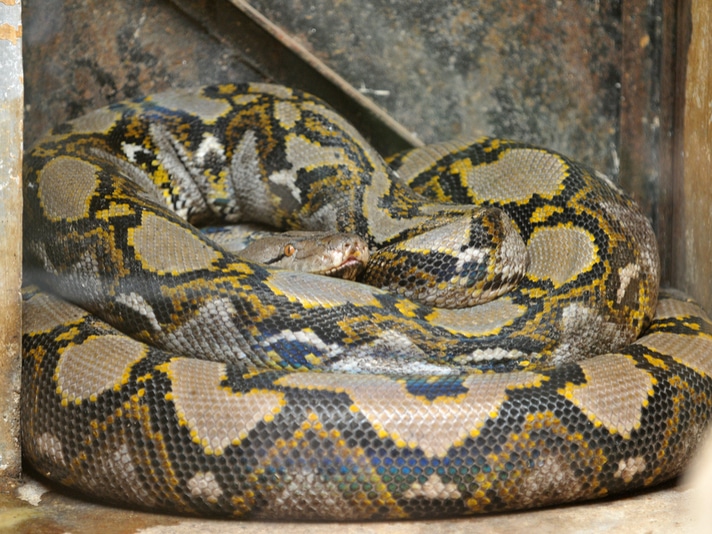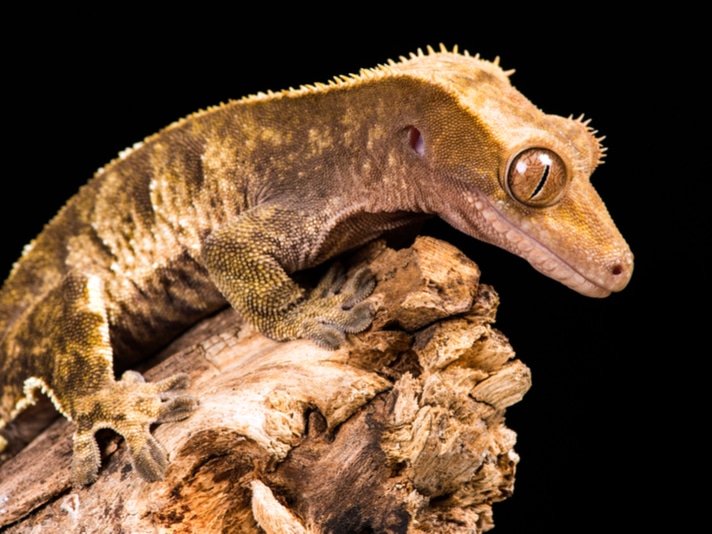The bill creates a “white list” of species that can be imported. This means that any animal that is not on the white list is by default treated as potentially injurious.
U.S. Sen. Marco Florida (R-FL) is making an effort to amend the Lacey Act with “Lacey Act Amendments of 2023” that would essentially reinstate the ban on the interstate transportation on species that have been deemed injurious under the Lacey Act.
Rubio’s bill, according to USARK, would:
- Provide that the Lacey Act bans the interstate transport of species listed as injurious. Specifically, it replaces Lacey’s current language ‘‘shipment between the continental United States’’ with ‘‘transport between the States.”
- Create a “white list” of species that can be imported. This means that any animal (reptile, amphibian, fish, bird, mammal) that is not on the white list is by default treated as potentially injurious and is banned from importation.
- Create a new authority allowing FWS to use an “emergency designation” that becomes effective immediately after being published in the Federal Register unless an extension of no more than 60 days is allowed. That means no due process, public input, hearings, advanced notice, etc. for injurious listings.
- Permit FWS to not allow importation if a species has not been imported in “minimal quantities” (to be defined) in the year prior to the enactment of this Act.
- The effective date would be one year after the enactment of this Act.
Some Background
In 2017, the United States Association of Reptile Keepers successfully sued the government to overturn the shipment ban on two large constricting snakes (the reticulated python, Malayopython reticulatus) and the green anaconda (Eunectes murinus), based on the wording of the Lacey Act from more than 50 years ago.

Shahrul Azman/Shutterstock
The words in the clause, “states that the Interior Department can prohibit the transportation of injurious species “between the continental United States, the District of Columbia, Hawaii, the Commonwealth of Puerto Rico, or any possession of the United States,” were used in 2015 by the U.S. Interior Department to ban the transportation of these large constricting snakes. However, the United States Association of Reptile Keepers challenged the wording of the Lacey Act, saying that it only prohibits the transportation of injurious species between the continental United States, the District of Columbia, Hawaii, the Commonwealth of Puerto Rico, or any possession of the United States, and not between INDIVIDUAL states.
And in 2017, U.S. Court of Appeals for the District of Columbia Circuit agreed with USARK.
“The shipment clause is best read — indeed, can only be read — solely to prohibit shipments from one listed jurisdiction to another,” Judge Sri Srinivasan wrote for the court at the time. “The clause does not speak to shipments within the continental United States itself.” Srinivasan is now the Chief Judge of the United States Court of Appeals for the District of Columbia Circuit.



